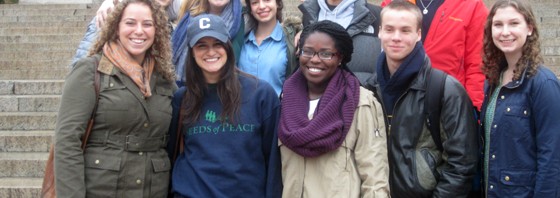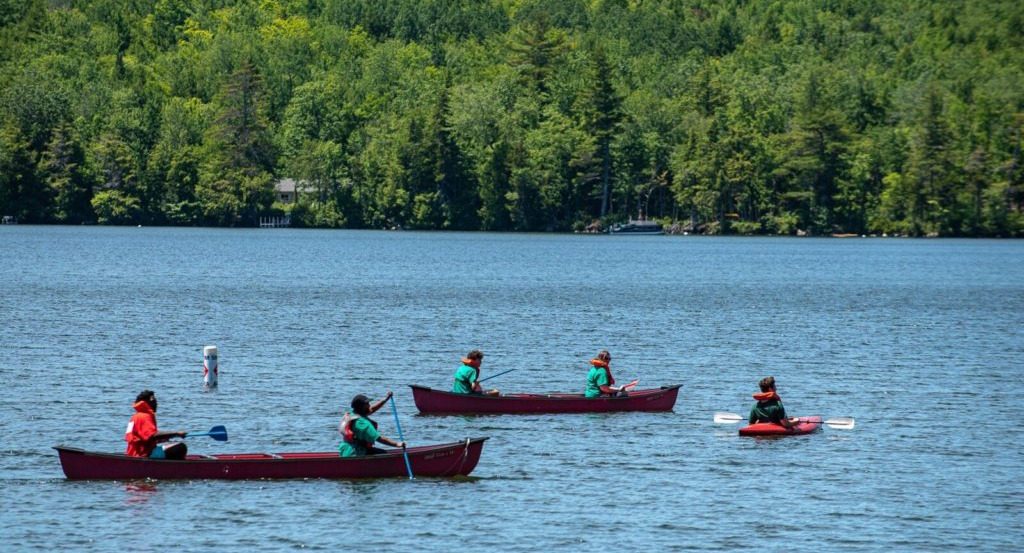OTISFIELD (WGME) For 24 years, hundreds of teens from around the world converge on a camp in rural Maine on a mission to find peace among their nations …
178 campers, once divided by conflict, link together.
“Everyone is equal,” Elizabeth a camper from Palestine said. “We all wear the same shirts, we all sing the same song and we sleep in the same places.”
Teens from all walks of life meet friends they once called enemies.
“I met a girl from the “other side” and she has the same favorite movie as me,” Elizabeth said. “You discover that they’re not actually what you we’re raised to think they are. They’re not like monsters or enemies, they’re actually humans.”
Israelis working with Palestinians. Their flags flying side by side.
“I don’t think there’s another place in this world where those two flags would fly next to each other,” Sarah Brajtbord with Seeds of Peace said.
Finding peace in a world with so much conflict is the ultimate goal at Seeds of Peace.
“While those national identities are apart of who we are and who are campers are it’s also about getting to know the person underneath those identities and those labels,” Brajtbord said.
Through dialogue and conflict, these teens build relationships they never thought they could have.
“One of the reasons why we bring our campers to Maine is so they have a safe space,” Brajtbord said. “So they are able to learn and connect with one another which doesn’t translate for a lot of our campers when they go back home.”


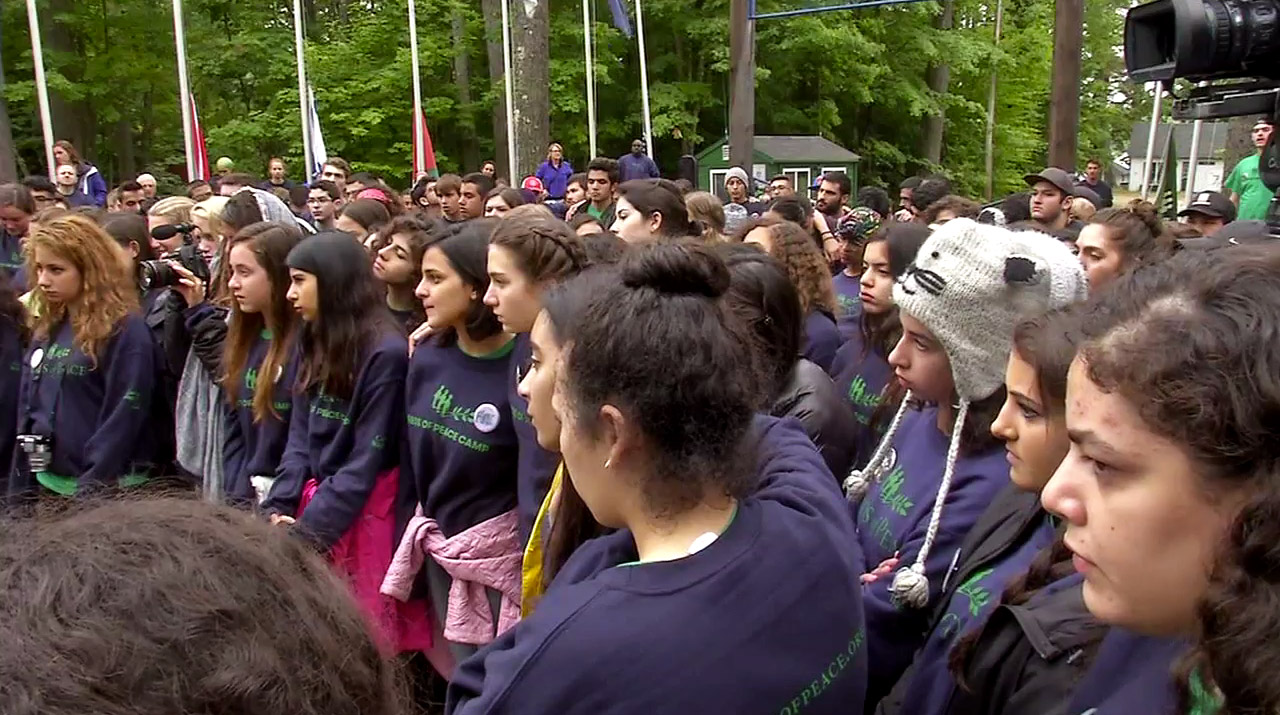
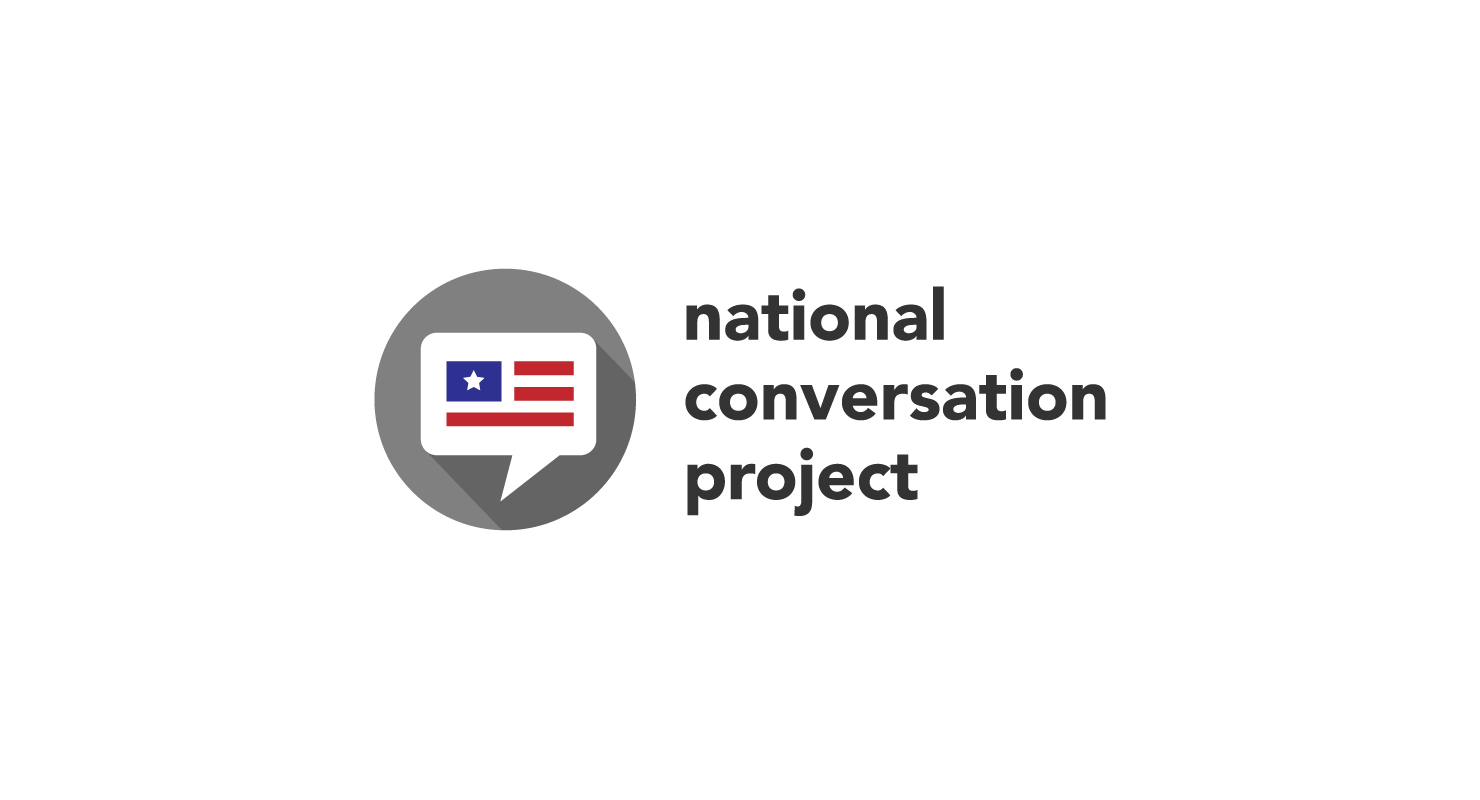
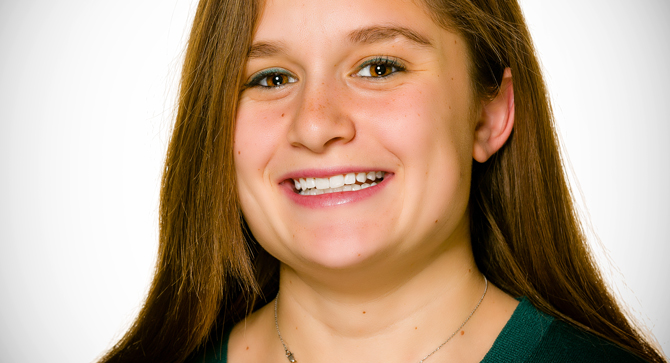
 LAHORE | Far away, in the lush, green woods of Otisfield, Maine, USA, there is a place where great things happen. This place, which over a hundred new young people from all over the world are proud to call “home” for three and a half weeks every year, has a magical effect. Seeds of Peace, an American NGO, is paralleled by few, because the greatness of the idea on which it is based is unique and yet fundamental to human co-existence; the idea that people everywhere are good, and that each of us can be a collaborator for peace. The camp in Maine is theory put into practice.
LAHORE | Far away, in the lush, green woods of Otisfield, Maine, USA, there is a place where great things happen. This place, which over a hundred new young people from all over the world are proud to call “home” for three and a half weeks every year, has a magical effect. Seeds of Peace, an American NGO, is paralleled by few, because the greatness of the idea on which it is based is unique and yet fundamental to human co-existence; the idea that people everywhere are good, and that each of us can be a collaborator for peace. The camp in Maine is theory put into practice.